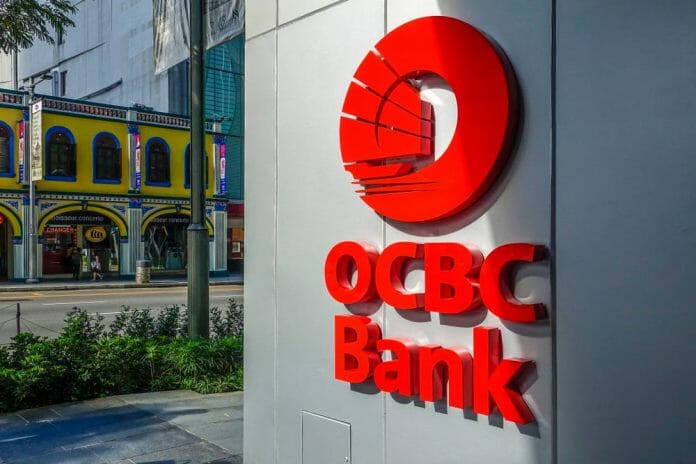OCBC Bank (Malaysia) Berhad (OCBC Bank) and Malaysian Rating Corporation Berhad (MARC) has announced the closing of an externally reviewed multi-tranche Green Term Loan Facility (Facility) for MFP Solar Sdn Bhd (MFP Solar).
The agreement facilitates the establishment of a RM100 million Facility between OCBC Bank and MFP Solar which will be utilised to finance the development of multiple rooftop solar photovoltaic plants under a single master facility structure.
MARC had earlier performed a “Green Loan Assessment” on the loan facility offered to MFP Solar by OCBC Bank and assigned it a “Gold” assessment. Each tranche of the Facility will be a standalone term loan that will exclusively finance the project cost of an eligible rooftop solar photovoltaic plant.
The loan documentation for the Facility meets core criteria set out in the Loan Market Association’s Green Loan Principles (GLP) 2020 regarding the use of proceeds, processes for project evaluation and selection, and management of proceeds.
MFP Solar is a 55%-owned subsidiary of Mega First Corporation Berhad, with the remaining 45% held by Pekat Teknologi Sdn Bhd. A solar pure play, MFP 2 Solar’s business model entails tendering and securing rooftop solar photovoltaic projects under its business model of Solar Power Purchase Agreement.
MFP Solar is a registered Solar PV Investor with the Sustainable Energy Development Authority (SEDA).
Tan Ai Chin, Managing Director, Senior Banker Client Coverage and Head of Investment Banking, OCBC Bank, said, “As a bank which is fully committed to supporting sustainable development, we actively support businesses which are at the forefront of promoting technologies engineered towards mitigating climate change-associated risks. We have taken a step further towards validating the green loan structure by procuring the assessment from MARC and I am glad that we have achieved the highest Gold standard, a testament to our robust structuring capability in sustainable financing.”
Commenting on the Green Loan Assessment, MARC’s Group Chief Executive Officer, Jamaludin Nasir said, “The ‘Gold’ assessment is the highest assessment on MARC’s scale for green financing instruments. In assigning the ‘Gold’ assessment, we considered the positive environmental impacts of rooftop solar projects that will be financed, the Facility’s alignment with the Green Loan Principles including its use of external review on a green loan, as well as MFP Solar’s prospective sustainability performance. MARC considers the use of proceeds as impactful, as the eligible projects will support national climate change mitigation goals, corporate adoption of clean energy and a sustainable energy supply system.”
In August 2020, MFP Solar commissioned the inaugural project that was financed under the Facility by developing a 1.5 MWp solar plant for VAT Manufacturing Sdn Bhd, a high precision valve manufacturer based in Batu Kawan, Penang.
Paraveen T. Singham, Managing Director, VAT Manufacturing Sdn Bhd, said, “This SPPA solution is in line with our organisation’s sustainability objectives whilst also lowering our energy costs. We are delighted to be working with MFP Solar who provided us with a hassle-free, capex-free turnkey solar solution. Their customisable solution from our contract negotiations with them through to the construction and operations of the system has been seamless.”
VAT Manufacturing Solar PV Installation VAT Manufacturing Solar PV Installation – Aerial View – Side Profile The closing of the transaction attests to the pivotal role that banks are playing alongside the capital markets in supporting the nation’s transition to a low-carbon economy. GLP-aligned loans are a positive step in the direction of mainstreaming green finance and ensuring that a globally consistent methodology is applied to identify loans as “green”.
Banks have been stepping up efforts to internalise sustainability goals in their lending strategy, a trend MARC believes will bode well for the resilience of the domestic banking sector to climate and other environmental, social and governance (ESG) risks









